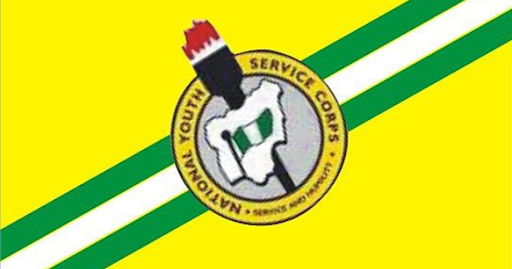I watched clips of General Yakubu Gowon, former Head of State, being feted and lionised, here and there, as the founder of this laudable scheme, that has now touched the 50th-year landmark. It is a spectacle that could moisten one’s eyes, particularly to those of us privileged to have witnessed its turbulent beginnings. I say the affable general must have suppressed lots of chuckles at the irony of it all, that the NYSC has after all turned out as he envisaged – a permanent fixture and a unifying factor.
The NYSC had a stormy beginning indeed. General Yakubu Gowon unfolded the scheme in one of his radio broadcasts to the nation, early in 1973, and it immediately run into troubled waters. He had envisioned the scheme as one of the post-civil war measures to reconstruct, reconcile and rebuild the country. The scheme billed to take off in August 1973 was designed to be a gap year of sorts for fresh graduates of Nigerian universities to travel, live, and be integrated into communities other than their own. However, the students who would be the participants and beneficiaries didn’t buy the idea and rose in unison to reject the proposal.
The students’ unions in the six Nigerian universities, Zaria, Ibadan, Ife, Lagos, Nsukka, and Benin all decided to go on demonstrations to back up their rejection. At ABU Zaria where I was a second-year student in the School of Basic Studies, the demonstration was riotous and bloody. That Wednesday morning of February 28, students trekked from the Samaru campus to Zaria city (about 15 kilometres) in large numbers, where they met up with other students from the Kongo campus and Advance Teachers College to raise a great hullabaloo. And as expected they had encounters with both the police and the army. I did not participate but my roommate and other hotheads among us did, and on their return, we were treated to a running account of the events.
Many years later, in retrospect, many would ruefully confess that it was probably the seniors who were to graduate in June 1973 that led the students’ unions by the nose to join the protest. The seniors who were to be the first set of the scheme naturally kicked against it because they were anxiously waiting to graduate and take up gainful employment. They were looking forward to starting their families and owning their houses and cars. They regarded the new scheme as an unnecessary intrusion and diversion and did everything they could to forestall it.
But when the scheme came into full swing a few months later, it was embraced wholeheartedly. The first set was feted in their states of posting like royalty. Their services were generally appreciated and had the time of their lives. By the time our turn came in 1976 to serve in the 4th set of the scheme, we had testimonies from our seniors on what exciting prospects awaited us. It did not disappoint. We eagerly looked forward to the postings. I was posted to Lagos – a place I had never seen in my life.
I travelled from Maiduguri, my home, to Kano where a brother-in-law bought a Nigerian Airways ticket for N25 (twenty-five Naira) to enable me to fly in style to Lagos. That year we were camped at Yaba College of Technology in the middle of the city. Even while camped we were well looked after. Besides the NYSC state officials looking after our welfare, the DG himself, Col Solomon Omojokun, was a regular visitor to the camp to interact with us. The Lagos State Government threw a cocktail party in the Government House, Marina, to welcome us. The Military Governor, Admiral Adekunle Lawan, mingled with and, had lively chats with many of us, amidst a free flow of food and drinks.
The majority of the corps members had very meaningful attachments. With a marketing background, I was posted to a food processing company in Onigbongbo, Maryland, on the Ikorodu expressway. The company was a small, going concern and I was heavily involved in its running. I was connected to the major retail outlets of Lagos, Leventis, Kingsway, UTC, and the like, where our products were displayed. I also travelled out of Lagos occasionally sourcing material for our production lines.
I lived in Mende village, Maryland, then a small fishing settlement, still exhibiting vestiges of a rural community, though then a growing suburb of Lagos. It was a short distance to the factory and I walked there every day. I still relish the experience I gathered from that posting. The Managing Director kept in touch with me for years after. He even visited me in Maiduguri in the mid-80s, when I was in the Chad Basin Development Authority and he was interested in sourcing wheat for his company. I gave him a grand tour of our project in New Marte and rounded it up with a boat trip to Lake Chad.
I guess there would be many such stories from NYSC participants over these many years. It is these positive attestations that should give pride to General Yakubu Gowon, who weathered the early rejection of the NYSC, to plant and nourish it.

 Join Daily Trust WhatsApp Community For Quick Access To News and Happenings Around You.
Join Daily Trust WhatsApp Community For Quick Access To News and Happenings Around You.


